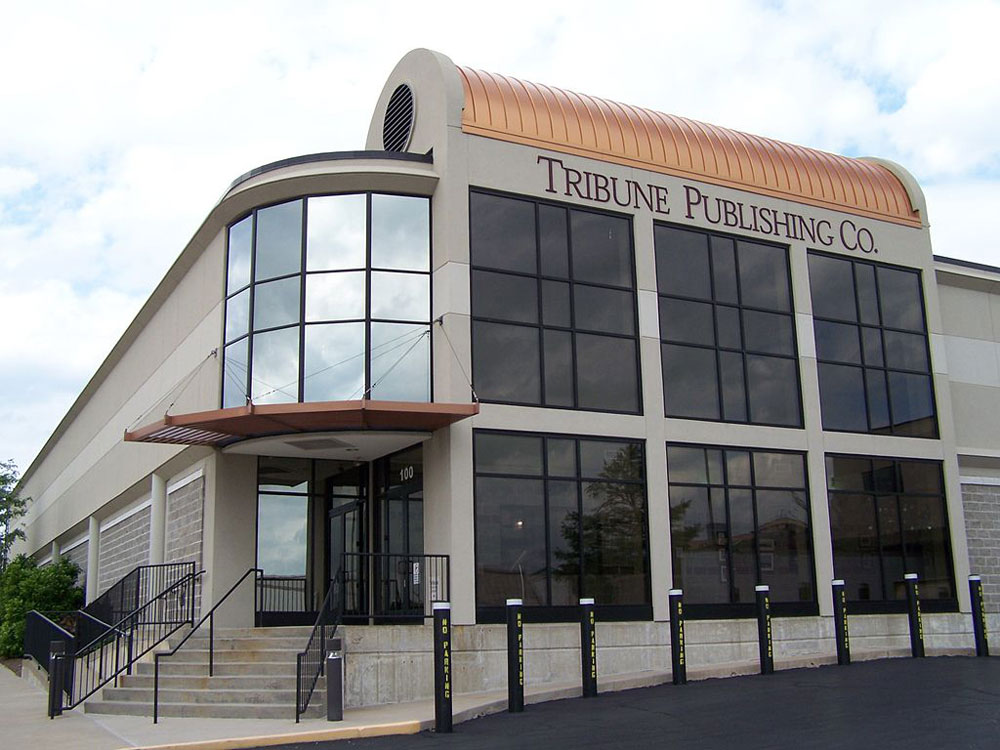
May 20, 2020; National Public Radio, “Media”
When we use the phrase “extractive economy,” one of the many examples you can imagine is what is now occurring at the Chicago Tribune, which is a part of the Tribune Publishing chain. The chain, which also owns such properties as the N.Y. Daily News and the Baltimore Sun, has already started the process of pillaging the company, eroding its value to its public and starving its staff. Still, at today’s annual shareholder meeting, the vulture capital hedge fund Alden Global Capital, which owns 200 papers through Digital First Media will likely consolidate its control in preparation for making additional cuts.
Tribune shareholders received a $9 million dividend payout in March. Meanwhile, staff in Norfolk, Virginia are “selling plasma to help pay for their groceries and their bills,” says Sara Gregory, who works for the Tribune’s Virginian-Pilot. “We have folks making lots of sacrifices to do the jobs that they’ve that they feel called to.”
The CEO of Tribune Publishing, Terry Jimenez, said in a recent town meeting with staff, “We will need to be structured differently. We need to think differently. We will need to be more flexible.” That flexibility translates to forced three-week furloughs for staff making less than $40,000 and permanent pay cuts for those making more than $67,000, a measured coerced in return for a promise by the Tribune not to lay people off until late July.
Sign up for our free newsletters
Subscribe to NPQ's newsletters to have our top stories delivered directly to your inbox.
By signing up, you agree to our privacy policy and terms of use, and to receive messages from NPQ and our partners.
“We didn’t like the permanent pay cut at all,” says Liz Bowie, an education reporter and union representative for Tribune’s Baltimore Sun. “But we also felt that, given the situation in our country, we could not face the idea that five of our co-workers would be walking out the door almost immediately into an environment where they’d find it very, very difficult to get a job.”
The estimated $560,000 in savings that will be gained through furloughs and pay cuts furloughs is a hundred thousand dollars less than the severance pay awarded to its general counsel, Julie Xanders, who is leaving the chain at the end of the month.
This is why newspapers are going nonprofit, just as the Baltimore Sun is attempting to do. The profession deserves to be treated and managed as a valuable element of democracy, rather than as a cog in a profit-making endeavor that cares less about the quality of the product than about squeezing every last dime from hardworking journalists who care about properly informing the public.
There are other fields where we see a similar dynamic of placing profit first to the clear detriment of the public; maybe it’s time we began to sever the hold the “market” has on our imaginations and common sense. If profits cannot be made without endangering the public, let’s look at walling off that field, or at least establishing incentives for nonprofit stewardship of those functions.—Ruth McCambridge












